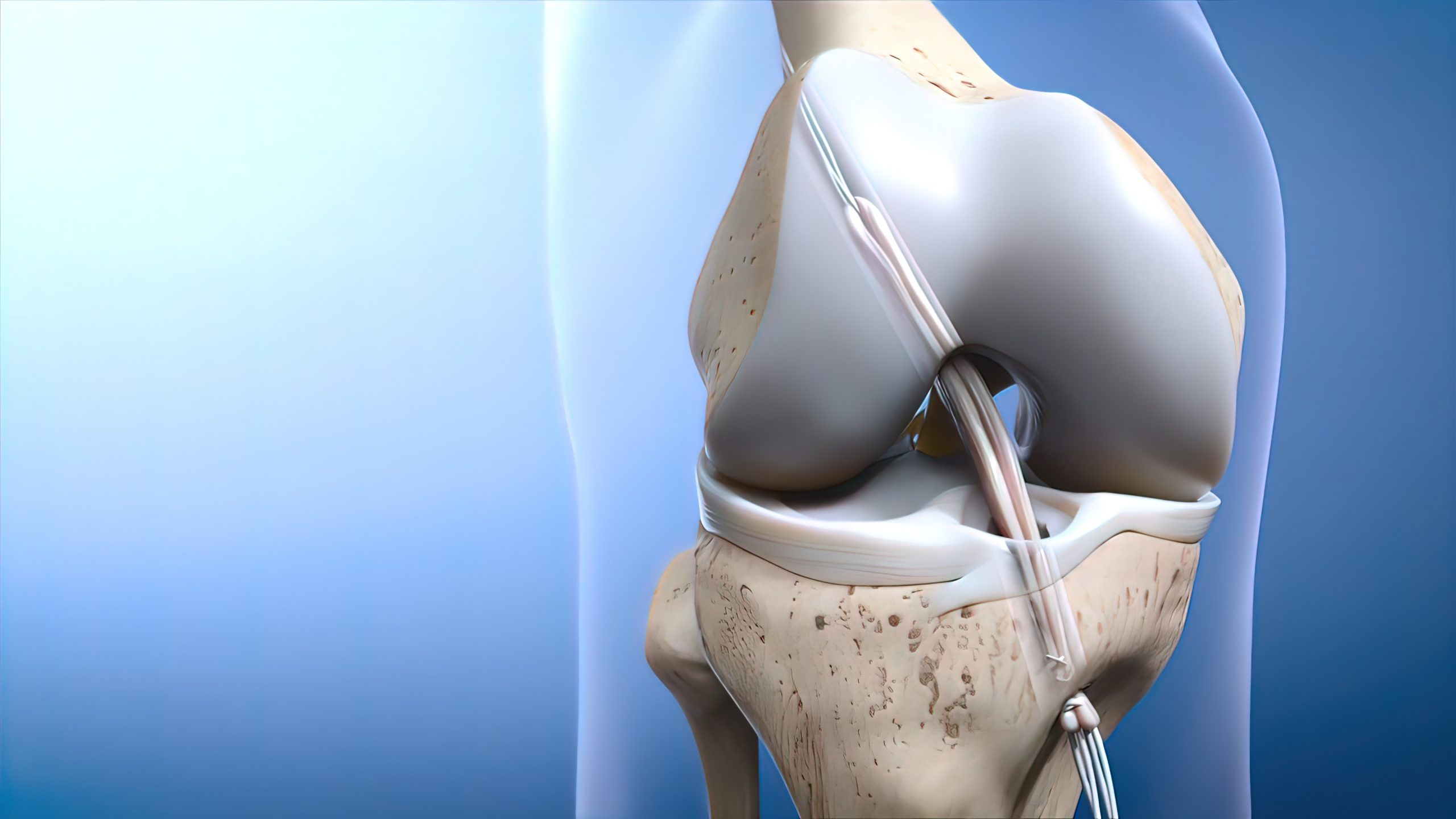Anterior cruciate ligament (ACL) reconstruction surgery is a procedure that is often recommended for individuals who have torn or ruptured their ACL. The ACL is one of the primary ligaments that helps to stabilize the knee joint, and an injury to this ligament can cause significant pain, instability, and mobility issues. ACL reconstruction surgery involves replacing the damaged ligament with a graft, which is typically taken from the patient’s own body or a donor. We will explore the benefits of ACL reconstruction surgery and how it can help individuals regain mobility, reduce pain, and improve overall quality of life.
Reduced Pain and Swelling:
One of the most significant benefits of ACL reconstruction surgery is reduce pain and swelling. Individuals who have torn their ACL typically experience significant pain and swelling in the knee joint, which can limit mobility and make everyday tasks challenging. ACL reconstruction surgery helps to alleviate this pain and swelling by repairing the damaged ligament and restoring stability to the knee joint.
Improved Mobility:
Another benefit of ACL reconstruction surgery is improve mobility. Individuals with a torn or ruptured ACL often experience instability in the knee joint, which can make walking, standing, and other physical activities challenging. ACL reconstruction surgery helps to restore stability to the knee joint, which can improve mobility and allow individuals to resume their normal activities.
Faster Recovery Time:
ACL reconstruction surgery is typically perform as an outpatient procedure, and most individuals can return home the same day. The recovery time for ACL reconstruction surgery varies depending on the individual and the extent of the injury, but most individuals can resume their normal activities within six months to a year. This is significantly faster than other treatments for ACL injuries.
Reduced Risk of Osteoarthritis:
Individuals with a torn or ruptured ACL are at an increased risk of developing osteoarthritis in the knee joint. Osteoarthritis is a degenerative joint disease that can cause significant pain, stiffness, and mobility issues. ACL reconstruction surgery can help to reduce the risk of developing osteoarthritis by restoring stability to the knee joint and reducing the risk of further damage to the joint.
Improved Quality of Life:
ACL reconstruction surgery can significantly improve the quality of life for individuals with a torn or ruptured ACL. By reducing pain, improving mobility, and reducing the risk of osteoarthritis, individuals who undergo ACL reconstruction surgery can resume their normal activities and enjoy an improved quality of life.
Return to Sports and Physical Activities:
Many individuals who suffer from a torn or ruptured ACL are athletes or active individuals who enjoy participating in sports or physical activities. ACL reconstruction surgery can help these individuals return to their sports or activities by restoring stability to the knee joint and improving mobility. While there may be a period of rehabilitation and recovery after surgery, most individuals are able to resume their normal activities within a few months to a year.
Lower Risk of Re-injury:
Individuals who have suffered a torn or ruptured ACL are at an increased risk of re-injury. ACL reconstruction surgery can help to reduce the risk of re-injury by restoring stability to the knee joint and improving mobility. By reducing the risk of re-injury, individuals can resume their normal activities with confidence and enjoy an improved quality of life.
Improved Psychological Well-Being:
Individuals with a torn or ruptured ACL often experience significant psychological distress, including anxiety and depression. ACL reconstruction surgery can help to improve psychological well-being by reducing pain, improving mobility, and restoring confidence. By improving psychological well-being, individuals can enjoy an improved quality of life and better overall health.
Lower Healthcare Costs:
While ACL reconstruction surgery is a surgical procedure, it can actually result in lower healthcare costs over time. By reducing the risk of osteoarthritis, re-injury, and the need for long-term pain management, ACL reconstruction surgery can help to reduce healthcare costs in the long term. Additionally, individuals who undergo ACL reconstruction surgery may be able to return to work and normal activities more quickly, resulting in fewer lost wages and productivity.
Customizable Treatment Options:
ACL reconstruction surgery can be customize to meet the individual needs of each patient. This means that the surgeon can choose the best type of graft for the patient’s specific injury and anatomy, resulting in better outcomes and faster recovery times. Additionally, rehabilitation plans can be tailor to each patient’s specific needs and goals, ensuring a safe and effective recovery.
Better Knee Function:
ACL reconstruction surgery can help to restore normal knee function, such as bending and straightening the knee, and improve overall knee stability. When an individual suffers a torn or ruptured ACL, the knee joint becomes unstable, making it difficult to perform even simple tasks such as walking or standing. ACL reconstruction surgery can help to restore stability to the knee joint and improve overall knee function.
Improved Balance and Coordination:
ACL reconstruction surgery can help to improve balance and coordination, which can be particularly beneficial for athletes and individuals who engage in physical activities. When an individual suffers a torn or ruptured ACL, the knee joint becomes unstable, which can affect balance and coordination. ACL reconstruction surgery can help to restore stability to the knee joint and improve balance and coordination, which can be particularly beneficial for athletes and individuals who engage in physical activities that require balance and coordination, such as dancers, gymnasts, or soccer players.
Reduced Knee Instability:
ACL reconstruction surgery can help to reduce knee instability, which can be particularly beneficial for individuals who have to stand or walk for prolonged periods, such as those who work in jobs that require standing or walking. When the ACL is torn, the knee joint becomes unstable, which can cause pain, swelling, and reduce mobility.
In conclusion, ACL injury test offers numerous benefits for individuals with a torn or ruptured ACL. By reducing pain and swelling, improving mobility, reducing the risk of osteoarthritis and re-injury, and improving psychological well-being, ACL reconstruction surgery can significantly improve quality of life for individuals who undergo the procedure. If you are experiencing pain, instability, or mobility issues related to a torn or ruptured ACL, talk to your doctor about whether ACL reconstruction surgery may be right for you.




